Yogi Berra, the NY Yankees legend who died in September at the age of 90, was known as much for his sayings as for his actions on the field. One of my personal favorites is “When you come to a fork in the road, take it.” And, while all of us have certainly been following that advice our entire lives, I think there is a special message here for any aspiring athlete.
There are so many “forks in the road” for anyone who wants to be great. Many of the choices made seem inconsequential while still others seem to tie us to a path as surely as with concrete. In the swimming world, coaches, athletes (from beginner to Olympian), sport scientists of every discipline, parents, and even casual observers of the sport have been quick to identify the “one true way” to success.
Sometimes those ways clearly contradict one another. At other times, those contradictions seem clear only to the champions of the differing approaches. As an avid fan of the sport of swimming as well as a swim parent married to a sport scientist, I have been alternately dismayed and excited to observe several current events that seem also to require the swimmer as well as the swimming community to make a choice.
There are three “forks” that many coaches and swimmers are considering at the moment. Each supposedly implies a choice and a clear path once that choice is made.
Fork 1: Swim coaches are inundated with information and opinions from “outsiders” who can’t possibly have anything valid or important to contribute to the sport. Coaches should listen only to other coaches. The opposing path: Science and research-based technique adjustments and strategies are critically needed to support individual swimmers, coaches and teams.
Fork 2: USRPT (Ultra Short Race Pace Training) is the only way to top tier swimming. The fork in the road: Swimmers cannot succeed without mega-yardage (15,000 -20,000 yards per day) beginning at around age 12.
Fork 3: Athletic success is based primarily on genes, i.e. Michael Phelps and Missy Franklin physiques. And yes, on the other side, champions are made, not born. While the first clearly favors the physically gifted, the second choice gives added weight to effort (deliberate practice) and opportunity – including the resources to select a coach and even a country to train in. (How many Olympians from other countries train in the US?)
Are any of these truly clear choices? Let us know what you think and why. The first 10 people to weigh in will get a free copy of MONA Cue Cards. We’ll share responses in a future blog.
P.S. Yogi also is supposed to have said: “If you can’t imitate him, don’t copy him.” The decision to teach technique based on another athlete’s accomplishments presents one more fork that, thankfully more coaches are making every day: a place on the podium does NOT necessarily mean that a swimmer’s technique should be modeled!


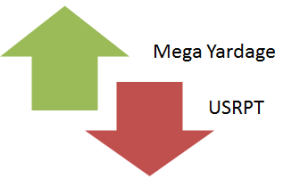
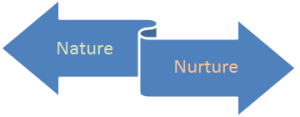


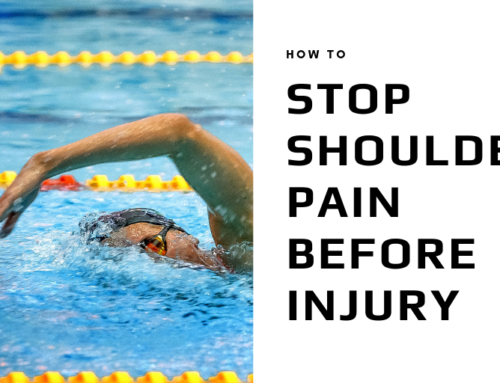
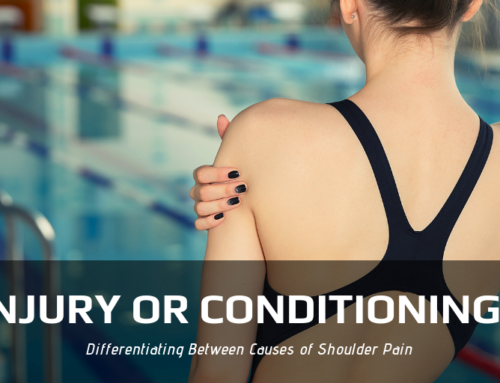
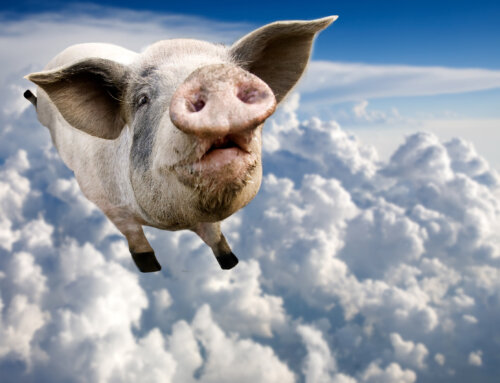
Hi,
Are you guys still around? No posts for 7 months !!
Really great blog series – lot’s of common themes. Share a lot of experience types with Rod, should compare notes .
My thoughts on your Fork questions
Fork 1 : Coaches should listen more to sports scientists, 2 reasons.
1) Coaches’ swim charges are in competition with each other, the coaches may not be collaborative.
2) There should be far more feedback from coaches to sports scientists, and vice versa – that is how both sides increase knowledge and improve the swim technique of their pupils
Fork 2 : I am working on a fatigue model right at the moment. I have always believed in 48 hours rest of muscle groups between training sessions (swim, bike, run alternating days). I think yardage is far too high, but also don’t support pool training 6 days a week – the answer is lots of variety
Fork 3 : Yes – sad to say it, but the top achievers have to have the right genes. Without the intrinsic ability, no amount of training will compensate for these gaps.
Would love to talk more on several topics,
Spyridon
Spyridon,
Thanks for your comments. Any chance you will attend the ISCA conference in FL at the end of Aug?
Rod
Rod,
I have just seen you replied.
No – I am afraid not, don’t travel much these days. Don’t live in the US either.
Work overload at the moment, let me get back to you maybe in a day and a bit, see if there was feedback at the other articles I commented on – or from my email submission.
Spyridon
I believe there are strands of truth in each. Sports scientists can provide help in many ways yet how a coach sets the table so the athlete can concentrate on achieving peak performance is probably underrated. The athlete has to take responsibility for improvement the coach provides the tools but the athlete does the heavy lifting. Genes may be advantageous but never , never count out the motivated individual. Anecdotes are numerous in sport and history.
It’s should not be ‘either this or that’. It should be ‘this AND that’
I believe that the greatest success comes from not choosing one or the other, but carefully considering / implementing both as applicable.
Fork #1-As a coach I do get lots of information from both science and coaches. I believe that there is science to support successful swimmers and programs.
Fork#2-Mega Yardage vs USRPT. I take a middle of the road stance in this argument. I don’t think everyone can succeed in a Mega Yardage program and I also don’t think that everyone can succeed in a USRPT program. It depends on a person’s muscle make up.
Fork#3-No matter how much natural talent one has, it is nothing without the hard training and mental ability to succeed.
A great article to make you really think about what you believe, and more importantly; why you believe it. When I am at the fork in the road on training choices my mind goes back to George Breen, who has said to me, “There is a thousand ways to train a kid, the one that you need to know is what works for him and for you.”. The training is important, but what each swimmer can push himself to do, and what you can get out of each swimmer is more important.
I have always been a science guy and I always will, I just wish some of the more elite swimmers would swim the way the science shows us is the fastest so we could settle it. No robots I guess, but we have MONA.
Mrs. Havriluk,
Thank you for this blog post. I would answer the fork questions as follows:
I have been coaching for years now. I was given the opportunity to go back to school, get the masters degree in exercise science, and ‘legitimize’ my knowledge of human swimming performance. I am blown away how much I did NOT know prior to coming back to school. I am, obviously, a proponent of the science of swimming over experience. That said, the best coaches are able to take the science or the experience (it’s usually one or the other. Eddie Reese is not a biomechanist or physiologist but a master motivator of young men. That’s how he is so successful) and implement their style of coaching. Upon completion of the graduate degree I hope to balance the art of coaching with the scientific knowledge I have gained the last couple years.
I have read most of Dr. Rushall’s papers. While USPRT has not been studied (that would be really difficult to do), the science is enormously sound. Dr. Rushall has, on occasion, taken liberties with the literature (Dr. Rushall has cited two of my professors and when I ask my professors on Dr. Rushall’s conclusions, they don’t necessarily agree). That said, volume is definitely not the way to go and USRPT is not a be all to end all. USPRT does look like the most logical way to train swimmers. There will always be accessions to the rule…
The age old nature/nurture debate…I believe this is a misconception as one should not necessarily be comparing or parsing the two. One cannot achieve greatness without adequate genetic makeup. One, as well, cannot achieve greatness without the optimal environment. They go hand-in-hand. Nature/Nurture is integrative. The day we can use the ratio of influence concerning nature and nurture to enhance performance is far off but one that we can be striving for.
Apologies for the misspelling. The end of paragraph two should read- There will always be exceptions to the rule.
Every fork you’ve presented I think belongs on a continuum, so more of a “spider web” than a true fork. Coaches most definitely can learn from each other. But there is so much unscientific dogma in swimming that a serious coach should be learning from sports science at least as much. The little coaching I’ve done has shown me I’m not a great innovator, and I benefit greatly from some amount of copying. I’m also very dismayed and the lack of science backed training.
As for USRPT, I’m very impressed that at least we have the bones of a very rigorous science based training philosophy. Even as a college swimmer I was wondering at how much more training we did than any other athletes compared to our race distances. As a masters swimmer, I’m happy to “only” have to do 50’s and 25’s, with plenty of time left for drills and underwater work.
Nature vs Nurture is easy. I did the same workouts as the world class swimmers in the middle lanes and worked just as hard. My arms were noodled after every practice. I’ve had more than one Olympian tell me that I worked just as hard as they did, and yet I hardly even sniffed National qualifying times. The world champions need both. They absolutely have to have the genetics, but they also have to do the work. Word.